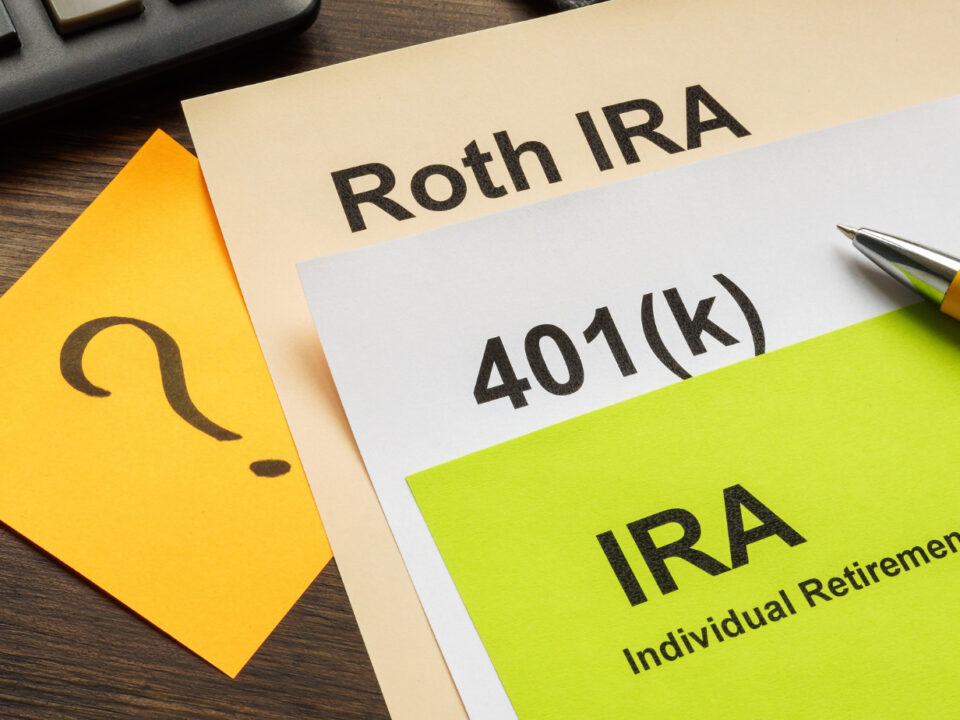- EXPERIENCED LAW FIRM IN TOLEDO, OH
- (419) 662-3100
The 2026 Estate Tax Sunset: What Ohio Families Need to Know

Contesting a Will in Ohio After the 3-Month Deadline
April 15, 2025
How to Avoid Public Probate for Large Estates
May 15, 2025A Ticking Clock on Tax-Free Transfers
A major deadline is approaching for high-net-worth families: the generous federal estate tax exemption, temporarily doubled under the 2017 Tax Cuts and Jobs Act, is scheduled to “sunset” on December 31, 2025. In simple terms, the wealth you can pass to heirs tax-free is about to be cut nearly in half.
This looming change could mean millions in unexpected estate taxes for wealthy Ohio residents who’ve benefited from historically high exemption limits. The time to act is now. This article explains what’s changing in 2026 and what Ohio families can do today to protect their estates.
The Golden Window Is Closing
As of 2024, each individual can transfer up to $13.61 million without triggering federal estate or gift tax. For married couples, that’s over $27 million in combined exemption. This elevated limit results from a temporary boost that expires at the end of 2025. If Congress doesn’t intervene, the exemption will revert to roughly $6–7 million per person starting in 2026, adjusted for inflation.
This shift, often called the “estate tax cliff,” means that assets once shielded from taxation may soon be exposed. Families with estates between $7 million and $27 million are especially vulnerable, as they will go from paying zero estate tax to potentially owing millions.
The $1.2 Million Mistake
Let’s say you have a $10 million estate. If you pass away in 2024, your estate is under the exemption, and no tax is due. But if you pass in 2026, when the exemption drops to around $7 million, the remaining $3 million becomes taxable at a 40% federal rate, creating a $1.2 million tax bill overnight.
Many families never imagined they would face estate taxes under today’s rules. But the sunset will pull more estates into the tax net. That includes family-owned businesses, real estate portfolios, and farm assets that aren’t easily divided or liquidated.
Lock It In Before It’s Gone
The current high estate tax exemption offers a rare opportunity, but won’t last. The IRS has confirmed that gifts made before the 2026 sunset will still be honored, even if the exemption drops later. That means wealthy individuals can lock in today’s generous limits without fear of penalties down the road.
Acting now allows you to transfer more wealth tax-free, remove future asset growth from your estate, and avoid the stress of last-minute planning. Waiting could mean missed opportunities and rushed decisions. Here’s why it pays to move early:
- Gifts made under the current exemption won’t be “clawed back” when the exemption shrinks.
- Transferring assets now also excludes all future appreciation from the estate tax.
- Planning early avoids the year-end scramble for legal help, appraisals, and paperwork.
- You’ll have time to tailor your strategy thoughtfully with less pressure and better outcomes.
No State Estate Tax, But You’re Not Off the Hook
Ohio repealed its state estate tax in 2013, which is good news for families who live and die here. But that doesn’t mean your estate is in the clear. The federal estate tax still applies, and with the upcoming exemption drop, more Ohio residents will feel its effects.
Don’t let the absence of a state-level tax lull you into inaction. If your assets, including property in other states, exceed the post-2025 federal exemption, proactive planning is just as essential here as in high-tax states like New York or California.
Estate-Saving Strategies That Work
There’s no universal estate plan that works for every family. Still, if your estate is likely to exceed the post-2025 exemption, you’ll want to explore strategies that reduce your taxable estate before the window closes. The right approach depends on your wealth, the nature of your assets, and how much control or access you’d like to retain.
Many high-net-worth families combine multiple tools to preserve wealth and flexibility. Here are some of the most effective options to consider:
- Lifetime gifting allows you to use today’s exemption limit up to $13.61 million per person to transfer wealth tax-free. Once gifted, those assets and their future growth stay out of your estate.
- Annual exclusion gifts (currently $18,000 per recipient) are a simple way to chip away at your estate over time without using any of your lifetime exemption.
- Irrevocable trusts like Spousal Lifetime Access Trusts (SLATs) let you move assets out of your estate while preserving indirect access to the wealth through your spouse.
- Grantor Retained Annuity Trusts (GRATs) work well for appreciating assets. You retain income for a set term, and any gains beyond a modest hurdle rate pass to your heirs free of gift or estate tax.
Don’t Wait Until It’s Too Late
What happens if you ignore the sunset? You could face a 40% tax on every dollar above the new threshold. A $15 million estate might go from tax-free to owing $3.2 million that could have gone to your children, your business, or a charitable legacy.
You also lose flexibility. Many of these strategies, like SLATs and GRATs, require time, legal structuring, and advanced implementation. You may miss the window entirely if you’re ill, overwhelmed, or up against the clock.
Even worse, you may lack the cash to pay the tax. Estates rich in property or business interests but low liquidity may force heirs to sell cherished assets to settle the bill.
Act Now, Gain Peace of Mind
The estate tax landscape is shifting, and Ohio families with significant wealth have a rare chance to stay ahead of it. With thoughtful planning, you can avoid unnecessary taxes, protect your legacy, and make sure your wealth benefits the people and causes you care about most.
Don’t wait for the clock to run out. Talk to one of our qualified estate planning attorneys and turn uncertainty into opportunity. Call now! (419) 662-3100









